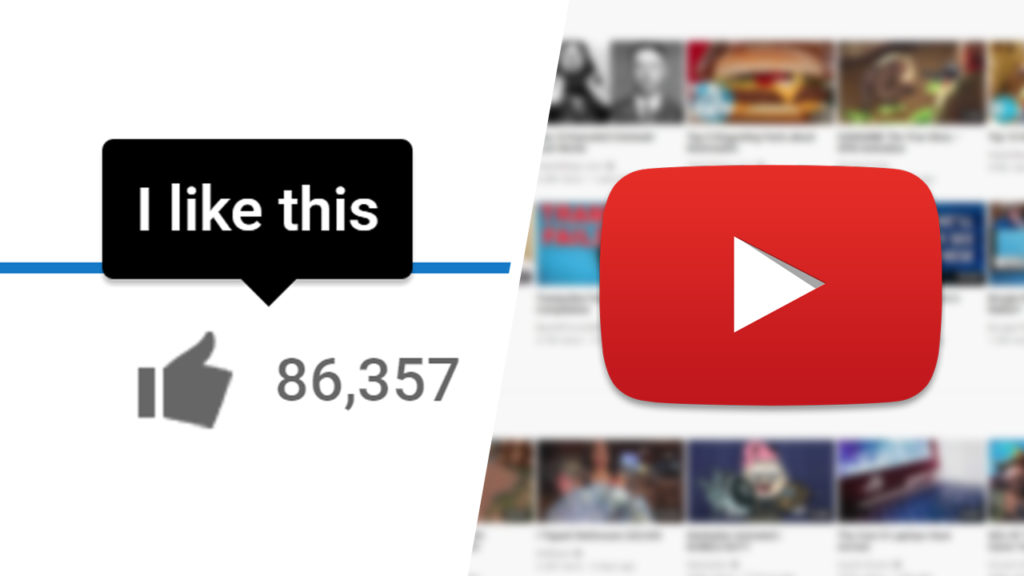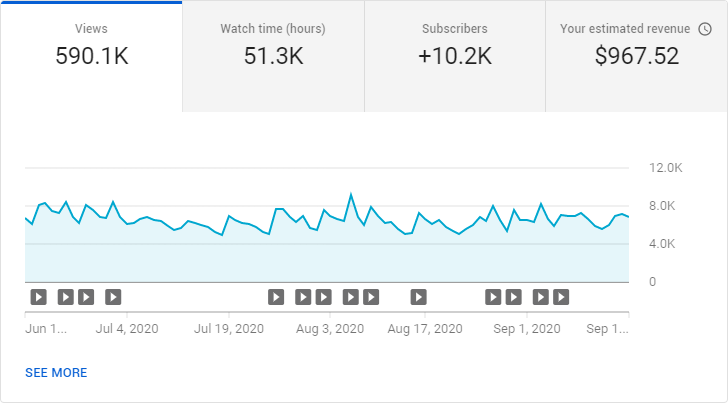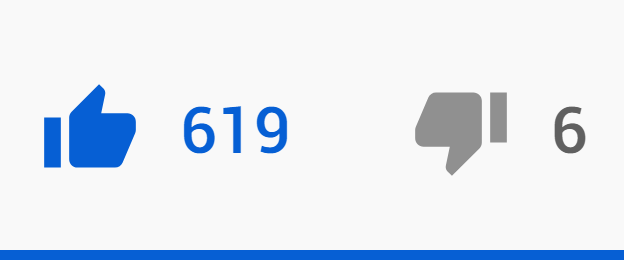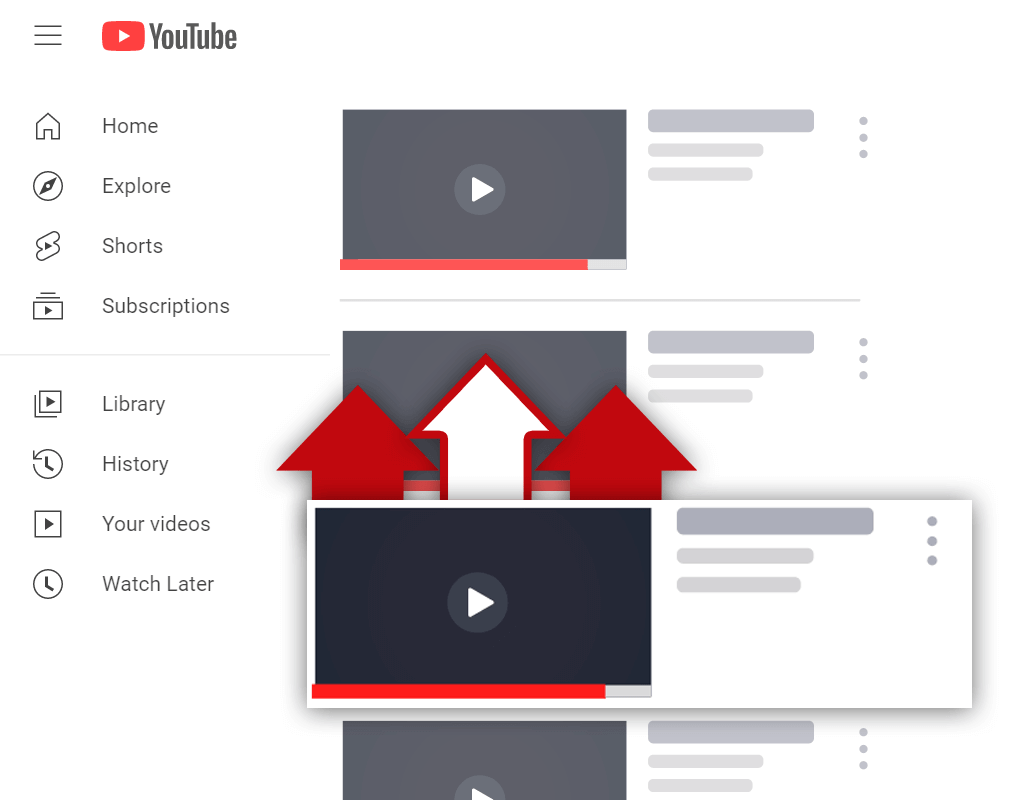How Does Liking a YouTube Video Help?
Oct 19, 2020
Have you ever wondered why so many content creators on YouTube ask for viewers to like their video? Seriously, how does liking a YouTube video help? Do likes even matter at this point? Well, there are some benefits to getting likes on YouTube. Some of these benefits are algorithmic, whereas some benefits have more to do with the creator.
Liking a YouTube video helps show YouTube that you enjoyed the subject matter in the video. YouTube can then use this information to recommend you more similar videos to watch. From the creator's side of things, likes can help a creator determine whether their videos are being enjoyed by viewers or not.
Over the years, different metrics like average view duration have been introduced by YouTube. These metrics help YouTube determine if viewers are enjoying a particular video. Since this is the case, we must ask ourselves: Are likes all that important anymore? Do they benefit a video very much? Or, are there more important things to focus on as a creator?
Are Likes Important on YouTube

Let's get this question out of the way: Are likes important on YouTube? Yes, they are. However, likes are not important for the reasons you might think. Many people believe that likes help a video get promoted more often by YouTube, but this isn't the case with the modern version of YouTube.
As I mentioned above, YouTube has introduced metrics like average view duration over the years. These metrics help YouTube determine the quality of a video more than likes do. You see, likes can be easily manipulated. If they held as much weight as many people think they do, content creators would be able to manipulate their like counts and see massive growth.
YouTube takes video interactions into account when recommending videos for viewers to watch. Of course, other things like viewing history hold more weight, but likes can still have an impact. So, for viewers, it's a good idea to leave a like on videos they enjoy. It's funny, but you could almost conclude that likes are more important for viewers than content creators.
All-in-all likes on YouTube aren't as important as they once were. Most of the time, content creators ask for likes in their videos simply out of habit. With this said, however, it is good to "program" viewers to respond to a call-to-action, as this can help with future lead generation efforts. But do likes lead to explosive channel growth? No, they don't.
What Is the Benefit of Getting Likes on YouTube

As a content creator, what is the benefit of getting likes on YouTube? Will likes help your video get promoted more by YouTube? Or, taking into account what I mentioned above, should a content creator focus on other things and not even worry about getting likes on their videos?
It's always beneficial for a content creator not to focus on vanity metrics. Vanity metrics consist of views, subscribers, likes, etc. Content creators should focus on things they can control, such as upload frequency. However, some less algorithmic benefits can be gained from getting likes.
One of the things many content creators struggle with is motivation. After uploading any given number of videos, they tend to get discouraged when they aren't seeing the growth they thought they would. Sometimes, getting likes can help a content creator gain a burst of motivation, as it's always motivating to see viewers enjoying your videos.
Likes do help a bit when it comes to channel growth. Audience engagements such as likes, comments, dislikes, etc. do get monitored by YouTube. Going off what I mentioned earlier, however, likes are easily manipulated. This makes it so they don't hold as much weight as they used to. Getting likes can never hurt, but they aren't the key to success.
Should You Like Your Own YouTube Videos

As a content creator, should you like your own YouTube videos? It's a good question when you think about it. If YouTube gives you the ability to like your videos, then why not? While it is safe to like your own videos, there are a few different reasons why I believe you should not do so.
Reason #1 - Vanity
Most of the time when a content creator thinks about liking their own videos, their thought gets brought on due to their valuing of vanity metrics. The problem with valuing vanity metrics as a content creator is, you can't control them. Focusing on things you cannot control is not a good idea. A content creator must not value vanity metrics if they want to succeed.
Reason #2 - Data
The first thing I do when evaluating a channel is head to the YouTube Studio to look at the channel analytics page. Channel analytics are the key to making data-driven decisions. The problem, however, is that many creators manipulate their data causing their analytics data to get messed up and hard to interpret. Liking your own videos can lead to this same result.
Reason #3 - Desperation
Content creators do things out of desperation for many reasons. One reason content creators get desperate is that they aren't achieving the success they thought they would. Doing things out of desperation isn't a good idea and many content creators like their own videos out of desperation. This is a toxic way to approach YouTube and it always leads to failure.
Conclusion
YouTube has changed over the years. New metrics have come into play such as average view duration, and some metrics have been made less important by YouTube. Likes still provide some benefits to content creators, but they don't hold as much weight as they used to. Getting likes is still a great feeling as a content creator, but they aren't the key to success.


